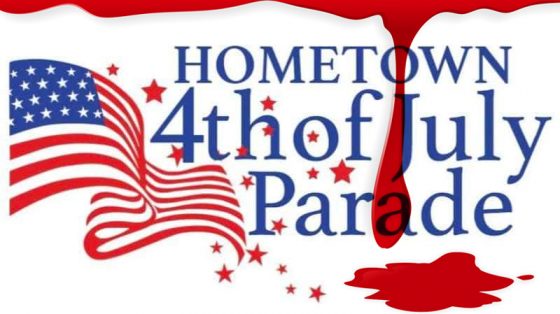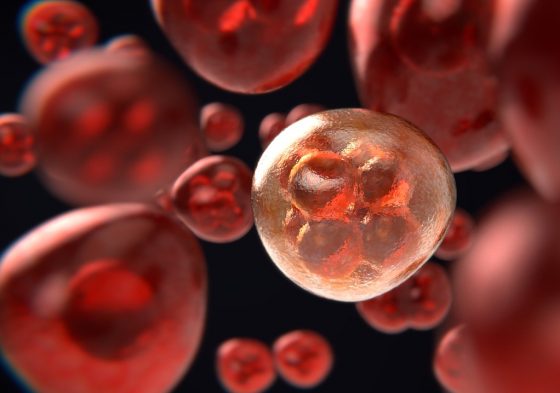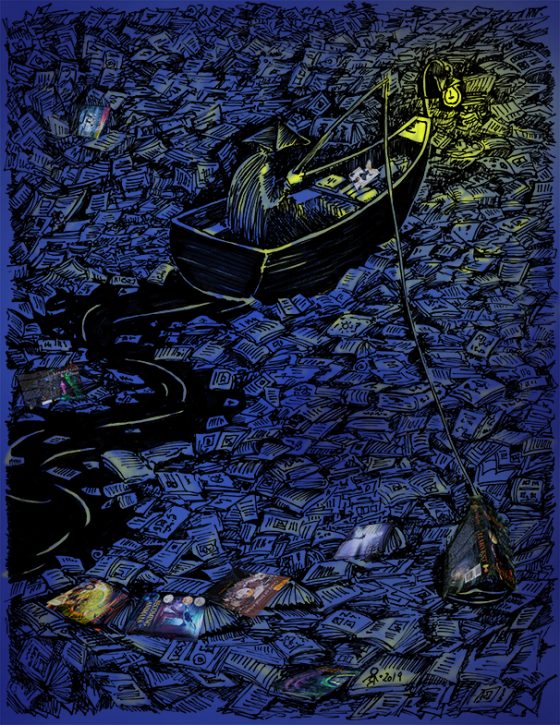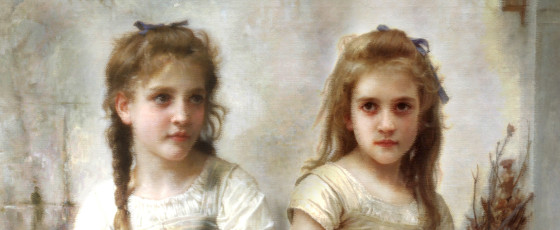
I felt devastated by the shootings in Uvalde. How could we have allowed this to happen? The video of the police response was recently released. Hundreds of gunshots can be heard. The police carefully edited out the screams of the children. I can easily imagine my own children’s voices…and I can’t even… The mass shooting during the 4th of July parade in a sleepy Jewish suburb of Chicago was another blow. A close friend grew up there. Her backyard neighbor was one of the killed, and she spent hours trying to learn the fates of her classmates. The little boy who will grow up without parents, for what? What do we get to gain by equipping ourselves with weapons of war? The guns used in these two and most other mass shootings were made to kill people. They are very at it. Why do we need these weapons among civilians living in a peaceful nation? America is very efficient. If it ever came to us needing weapons to defend ourselves from enemies, I’m sure we can distribute them to those who know how to use them — our national guard in no time. Apocalypse is great to watch in the…



